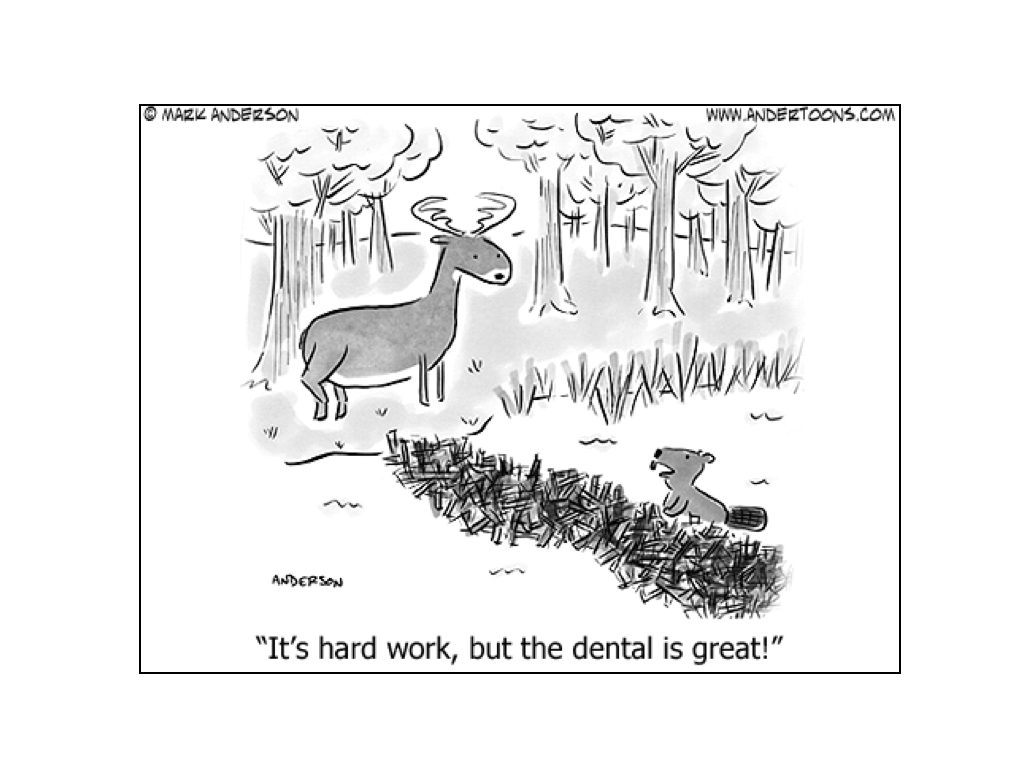 God grant me the serenity
God grant me the serenity
to accept the things I cannot change;
courage to change the things I can;
and wisdom to know the difference.
Serenity Prayer – Reinhold Niebuhr (1892-1971)
I think often of Niebuhr’s advice. It gives me solace and helps me order my thoughts and actions. It instructs me on when I can take initiative and be aggressive and when I must be calm, even passive. He connects three nouns with three verbs: serenity to accept, courage to change, and wisdom to know.
Most issues in life fall into one of two categories: things that I cannot change and things I can. Consider the following issues. Which ones can you control?
- Your height
- Your weight
- Your parents
- Your friends
- The weather
- Where you live
- How much money you save
- The past
- Your attitude
- How others treat you
- How you respond to how people treat you
What category would you place virtues in? (A virtue is a behavior showing high moral standards.) Do you have control over whether or not you are honest, friendly, patient, teachable, or punctual? Or are these somehow genetically determined such that you may be exempt from accountability?
For instance, I once had a direct report who was often tardy. When I confronted him he replied, “Yeah, my grandfather was always late, my father was too, I guess I just inherited it.” I told him that he was wrong. There was no such thing as a “ tardy gene”; it was an aspect of life he had control over. I shared how, as a young adult, I, too, was often late to appointments and disrespectful of schedules but that through discipline and conscientious work, I had changed. Now I am fastidious about being punctual. As an employee, he would need to improve in that area.
There’s just no good excuse for being deficient in any of the virtues.
Living the virtues
Here’s an abridged list of 28 virtues. On a scale from 1 to 10 [1 being “I’m not very good at this”; 10 being “I excel at this.”], rate yourself in each area. Then take responsibility to ratchet up your score in each area. It will be a lifelong pursuit.
If you’re raising children, these virtues create a good curriculum to work on. Before a child leaves home, aspire that he or she understands each area and is striving to excel.
Virtues
Courteous ____ Humble ____ Generous ____ Loyal ____ Respectful ____ Devoted ____ Unselfish ____ Disciplined ___ Responsible ___ Honest ____ Patient ___ Teachable __ Faithful ____ Decisive ____ Attentive ____ Optimistic ____ Friendly ____ Fair ____ Discreet _____ Takes initiative ____ Cooperative ____ Courageous ____ Resourceful ____ Punctual ____ Consistent ____ Flexible ____ Deliberate ____ Careful ____
[reminder]What are your thoughts about this essay?[/reminder]
[callout]In October, 2018 I’m hosting a trip to the three great cities of the western world: London, Paris, Rome. (We’ll also visit Lisbon, Barcelona, and Florence.) The trip is limited to 44 guests. Only six slots remain. Click here for more information. [/callout]

 I’m not sure where this thought came from; it’s certainly not original, but it has thumped me on the nose a lot recently.
I’m not sure where this thought came from; it’s certainly not original, but it has thumped me on the nose a lot recently. I grew up in a conservative, evangelical Christian environment. From childhood we were taught that “God has just one person He has selected for you to marry. To be happy in life you must find that one person.”
I grew up in a conservative, evangelical Christian environment. From childhood we were taught that “God has just one person He has selected for you to marry. To be happy in life you must find that one person.” I often meet people who have entered their personal intellectual ice age. Permafrost has gradually anesthetized their curiosity and their pursuit of knowledge has stalled.
I often meet people who have entered their personal intellectual ice age. Permafrost has gradually anesthetized their curiosity and their pursuit of knowledge has stalled.